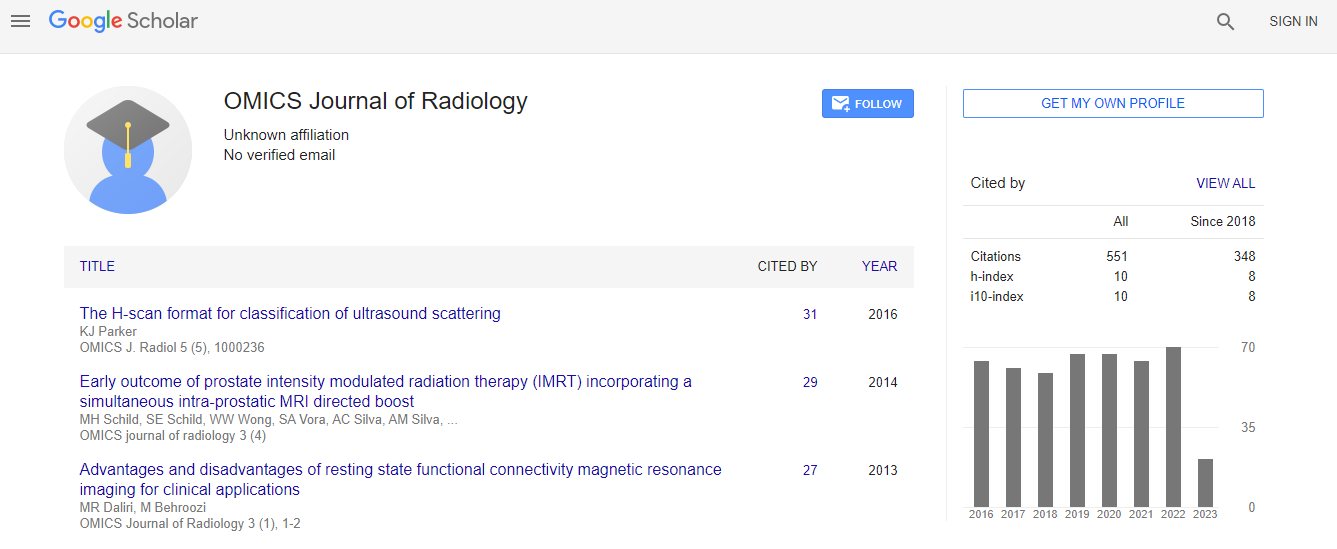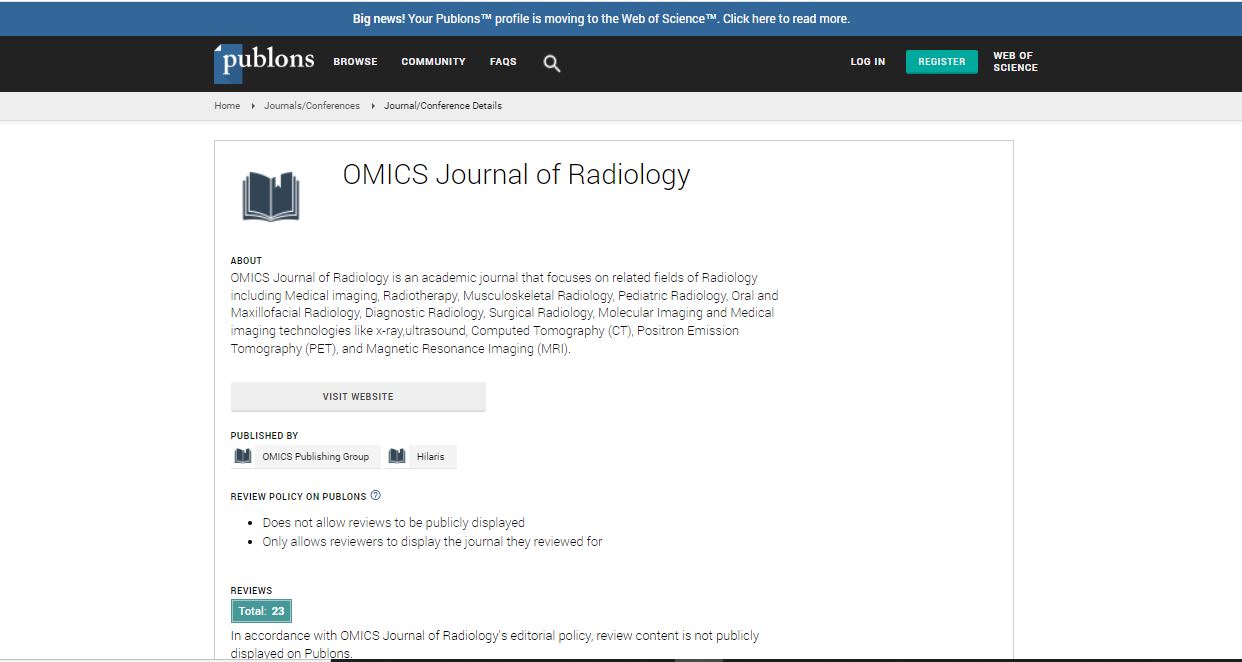Research Article
Induction of Antigen-Specific Cytotoxic T Lymphocytes by Chemoradiotherapy in Patients Receiving Wilms’ Tumor 1-Targetted Dendritic Cell Vaccinations for Pancreatic Cancer
| Shigetaka Shimodaira1*, Takashi Kobayashi2, Koichi Hirabayashi1, Kayo Horiuchi1, Terutsugu Koya1, Yumiko Mizuno1, Naoko Yamaoka1, Miki Yuzawa1,Shinsuke Ishikawa1, Yumiko Higuchi1, Kenji Sano3, Kenich Ito4, and Tomonobu Koizumi2 | |
| 1Center for Advanced Cell Therapy, Shinshu University Hospital, Matsumoto, Japan | |
| 2Shinshu Cancer Center, Shinshu University Hospital, Matsumoto, Japan | |
| 3Department of Laboratory, Shinshu University Hospital, Matsumoto, Japan | |
| 4Department of Breast and Endocrine Surgery, Shinshu University Hospital, Matsumoto, Japan | |
| Corresponding Author : | Shigetaka Shimodaira Center for Advanced Cell Therapy Shinshu University Hospital, Matsumoto, Japan Tel: +81-263-37-3580 Fax: +81-263-37-3027 E-mail: shimodai@shinshu-u.ac.jp |
| Received: July 06, 2015 Accepted: July 21, 2015 Published: July 24, 2015 | |
| Citation: Shimodaira S, Kobayashi T, Hirabayashi K, Horiuchi K, Koya T, et al. (2015) Induction of Antigen-Specific Cytotoxic T Lymphocytes by Chemoradiotherapy in Patients Receiving Wilms’ Tumor 1-Targetted Dendritic Cell Vaccinations for Pancreatic Cancer. OMICS J Radiol 4:196. doi:10.4172/2167-7964.1000196 | |
| Copyright: ©2015 Shimodaira S, et al. This is an open-access article distributed under the terms of the Creative Commons Attribution License, which permits unrestricted use, distribution, and reproduction in any medium, provided the original author and source are credited. | |
Abstract
Despite recent advances in cancer treatment, the prognosis of pancreatic cancer (PC) remains poor. Dendritic cells (DCs) play a central role in acquired immunity; therapeutic DC vaccinations have recently been developed for advanced PC. Here we present two cases of PC: inoperable PC localized to the pancreatic head (Case 1, stage IV) and local recurrence complicated by distant metastases following resection of the pancreas body and tail (Case 2, stage III). Both patients received DC vaccinations pulsed with human leukocyte antigen (HLA)-Class I/II-restricted Wilms’ tumor 1 (WT1) peptides during chemoradiotherapy. The induction of WT1 antigen-specific cytotoxic T cells (WT1-CTL) was markedly increased by chemoradiotherapy and was confirmed by measurement of WT1 tetramers and enzyme-linked immunosorbent spot (ELISpot) in both cases. WT1-CTL was found to persist at 1 year without additional DC vaccines in Case 1. In cases 1 and 2, the overall survival (OS) was 32.1 and 24.7 months, respectively, and progression-free survival (PFS) was 25.2 and 8.7 months, respectively. Adverse reactions due to the DC vaccination were tolerable even during chemoradiotherapy, resulting in disease stability. The findings of the present cases may form treatment strategies involving DC vaccination for PC.

 Spanish
Spanish  Chinese
Chinese  Russian
Russian  German
German  French
French  Japanese
Japanese  Portuguese
Portuguese  Hindi
Hindi 
